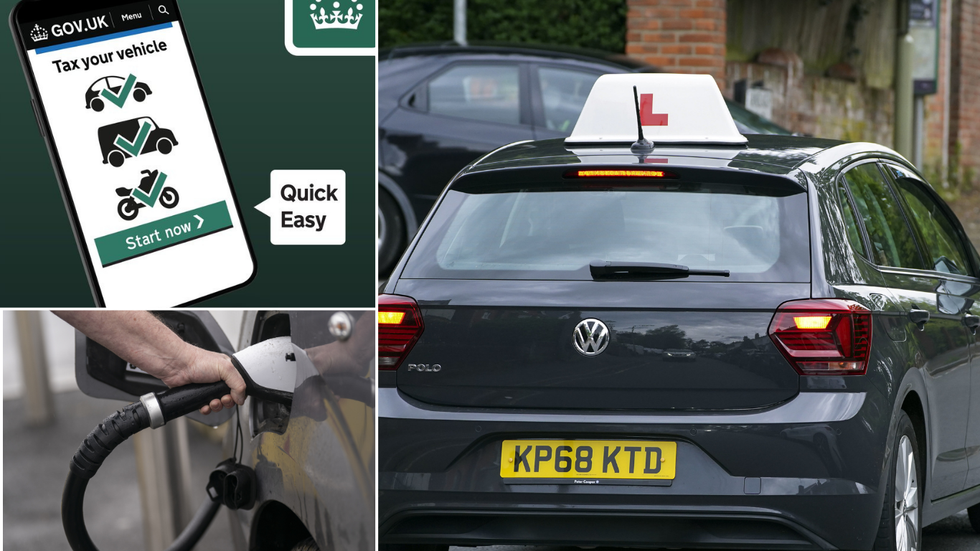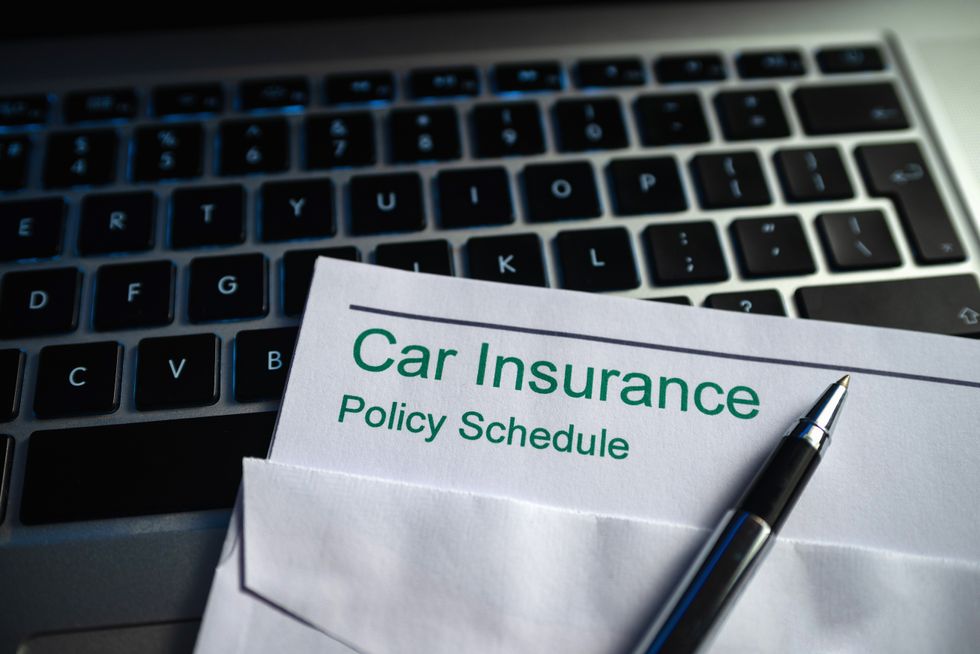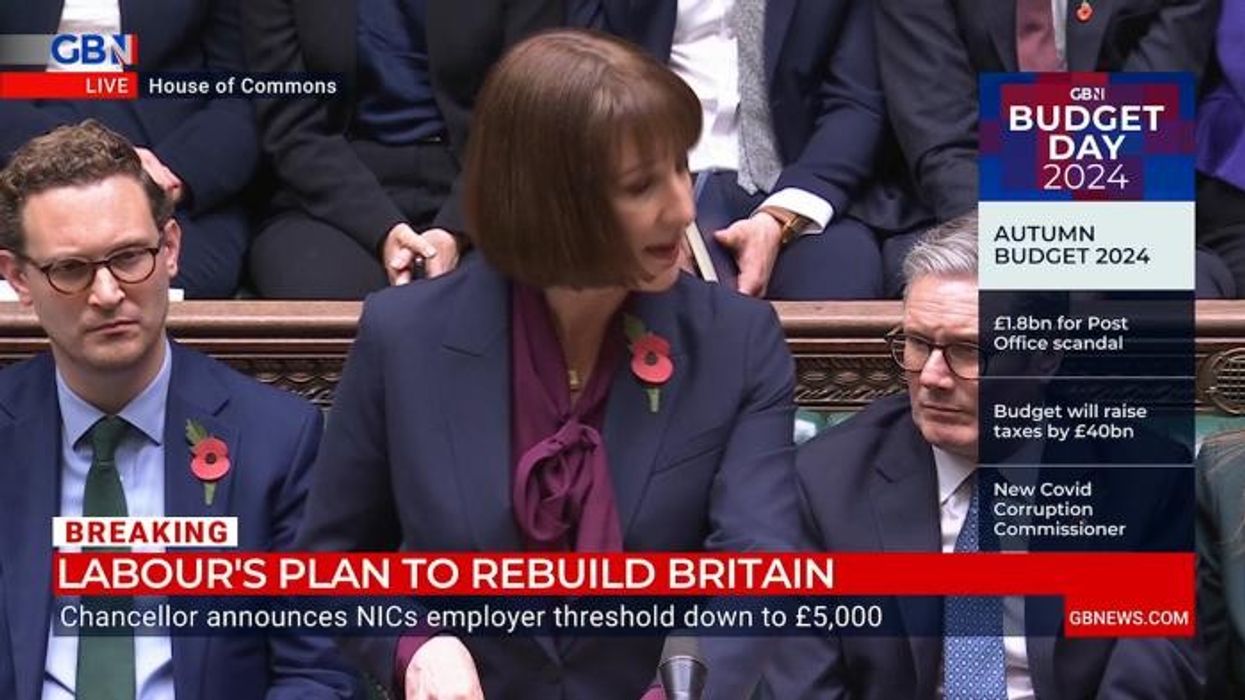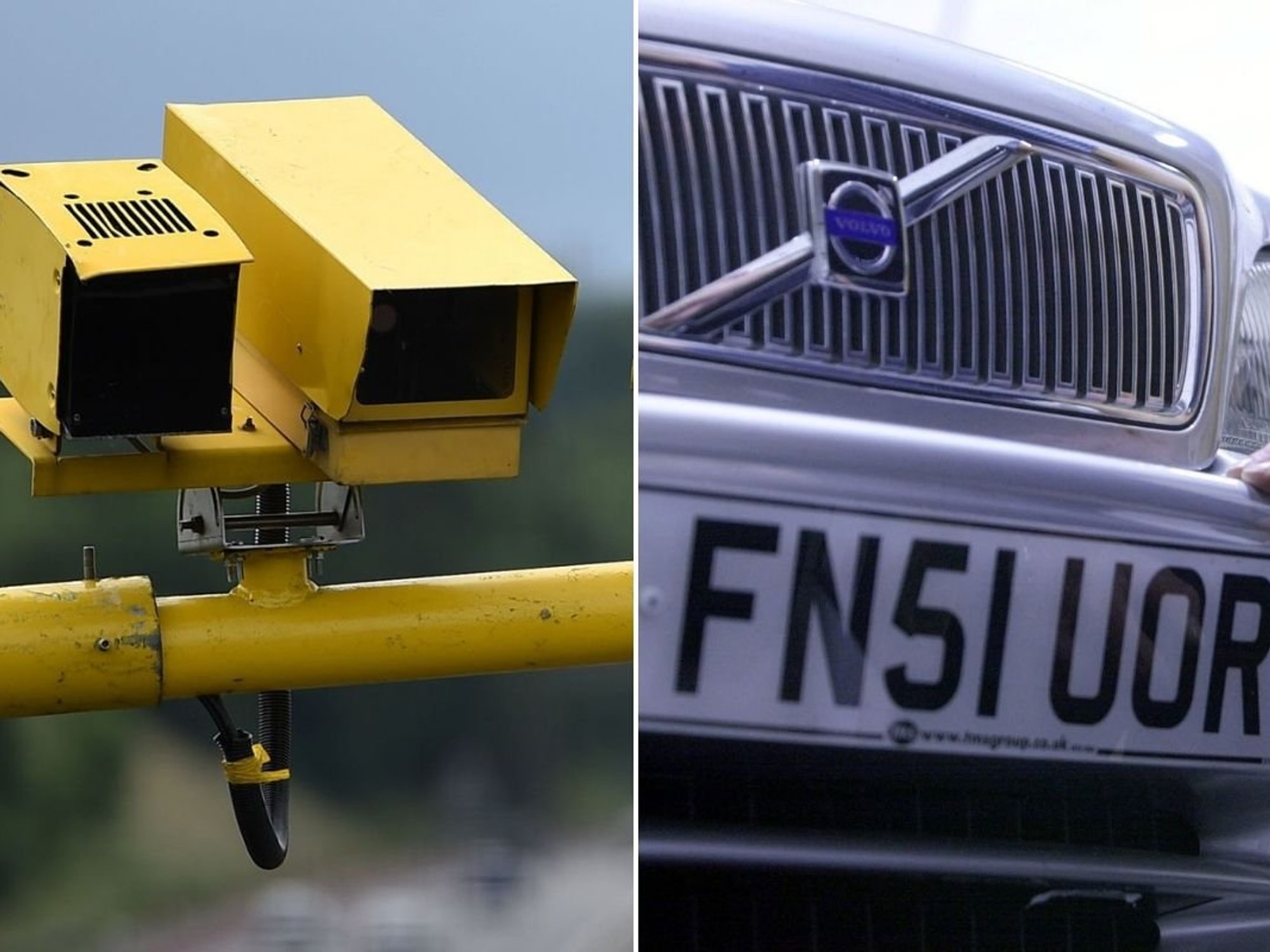Young motorists opting to pay £16,000 more for an electric vehicle to save on car taxes - 'Suits me'

Motorists under 25 would prefer to wait to buy an electric car than a petrol and diesel model
Don't Miss
Most Read
Drivers under 25-years-old have been caught paying as much as £16,000 more for an electric car due to cheaper tax rates than petrol and diesel vehicles.
It comes after a report found that due to the Vehicle Excise Duty rates increasing in April, many young motorists have begun opting for the more expensive greener vehicles as their first car in a bid to save on car taxes.
The changes to the VED rates have meant that millions of drivers would pay more for their petrol and diesel vehicles, while electric cars, which would pay car taxes for the first time, would pay the lowest amount.
Electric cars will need to pay the lowest first year rate of vehicle tax, which is set at £10 for the first year, followed by the standard rate of £195 for second year payments.
Do you have a story you'd like to share? Get in touch by emailing motoring@gbnews.uk

Young drivers have been choosing to buy an electric car over diesel and petrol models
|PA/GETTY
A survey by comparison site MoneySuperMarket found that 47 per cent of young drivers would want to drive an electric car, showing a growing interest in the vehicle type.
A further 32 per cent of under 25-year-olds also revealed they would rather delay driving altogether to save up for an electric vehicle, with 38 per cent of motorists refusing to drive a petrol or diesel as a first car.
But while the desire to buy an electric car has obvious environmental benefits, for drivers, this could be a costly choice.
The report found that electric cars remain three times more expensive to purchase than petrol and diesel models, which could see drivers hit the road quicker.
LATEST DEVELOPMENTS:
On top of the vehicle being more expensive to buy, MoneySuperMarket also warned that insurance cover for an EV is more costly for young drivers who risk paying £1,881 for the year compared with £1,621 for a petrol or diesel vehicle.
A young driver who opted for an electric vehicle told The Telegraph: "They are obviously more expensive to buy, but I am happy to hold off until I can afford one rather than get on the road more quickly in a petrol car.
"I’ve also been quite focused on sustainability and the environment from a young age, and I feel like an EV suits me much better for that reason."
Meanwhile, Sara Newell, the director of insurance at MoneySuperMarket, explained that the cost of getting an EV on the road is "a topic of much debate".
"As our household money index shows, young drivers are keen to drive electric cars, but it’s still much more expensive for a first-time driver to get on the road with an electric car compared to a petrol equivalent," she shared.
However, Newell did note that there are more electric cars becoming available, with insurance costs starting to drop. "In some cases, it’s even cheaper to insure an electric car than a petrol one for young drivers, especially if you shop around for the best deals," she said.
But while car insurance premiums slowly decline, roughly 70 per cent of drivers of electric cars will still be subject to the Expensive Car Supplement, otherwise known as the luxury car tax.
This is imposed on vehicles priced over £40,000 and is an annual fee of £425 for cars, with electric vehicles being subject to this tax since the start of April.

Young drivers historically have paid more for car insurance than any other age group
| GETTYChris Rosamond, current affairs and features editor at Auto Express, said: "Levying what is basically a tax set on petrol cars eight years ago onto EVs today is unfair, especially when you consider the large sums involved; currently, it is £425 from years two to six, a total of £2,125 over five years.
"And it is not just new EVs - regardless of the price paid for a used EV, if it was originally bought for more than £40,000 and first registered from April this year, future owners will still be liable for the charge."











